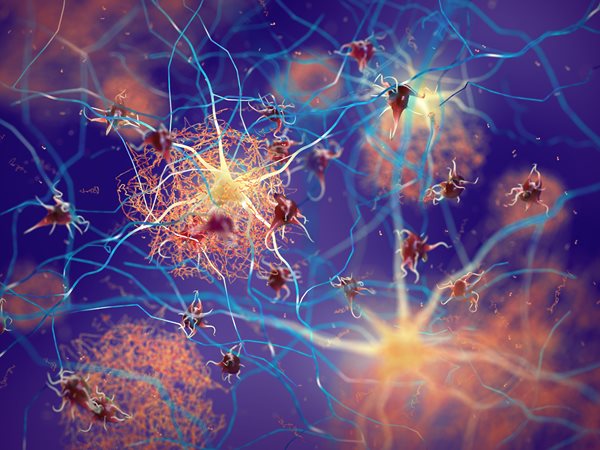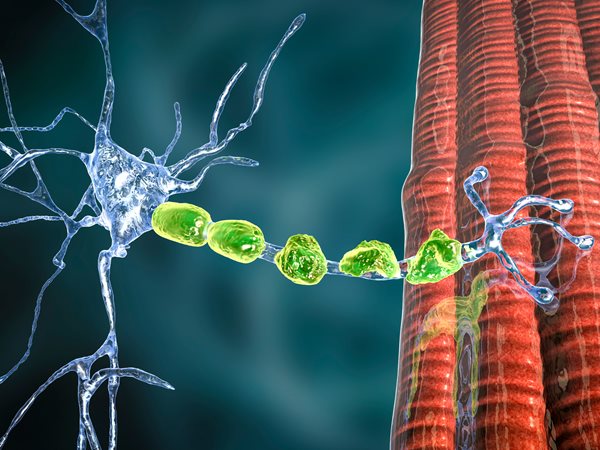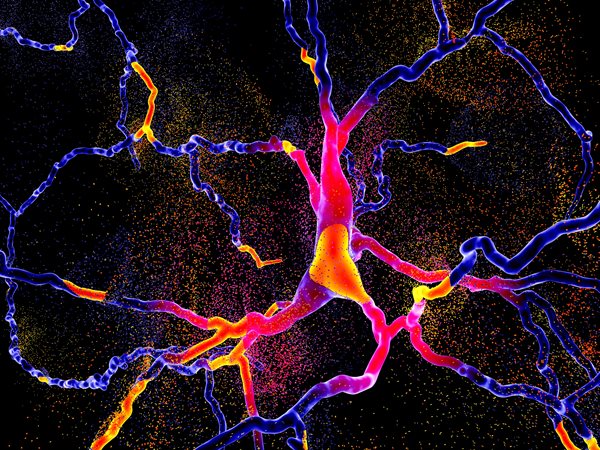Neurodegenerative Diseases
Neurodegeneration is a slow and progressive loss of neuronal cells in specified regions of the brain and is the main pathologic feature of Alzheimer’s disease and Parkinson’s disease, causing ataxia (impaired movement) or dementia (loss of cognitive functioning). The underlying pathophysiology of neurodegenerative diseases is the oxidative stress caused by protein misfolding and aggregation, insufficient protein clearance, dysfunctional mitochondria, altered energy metabolism, disrupted axonal transport, neuroinflammation, or RNA-mediated toxicity. Pathological inclusions and the associated toxicity appear to spread through the nervous system in a characteristic pattern during the disease. This has been attributed to a prion-like behaviour of amyloid-type aggregates, which involves self-replication of the pathological conformation, intercellular transfer, and the subsequent seeding of native forms of the same protein in the neighbouring cell.
Therapeutic targeting of protein misfolding has created unique challenges for drug discovery and development for several reasons, including:
- The dynamic nature of the protein species involved
- Uncertainty about which forms of a given disease protein (monomers, oligomers, or insoluble aggregates) are primarily responsible for cellular toxicity
- Lack of well-validated biomarkers for clinical trials
A wide variety of products have been manufactured at Stressmarq to provide critical tools to evaluate hypotheses about pathogenic mechanisms and therapeutics.
Neuronal Cell Lines for Neurodegenerative Research
Understanding the complexities of neurodegenerative diseases requires reliable and high-quality in vitro models.


